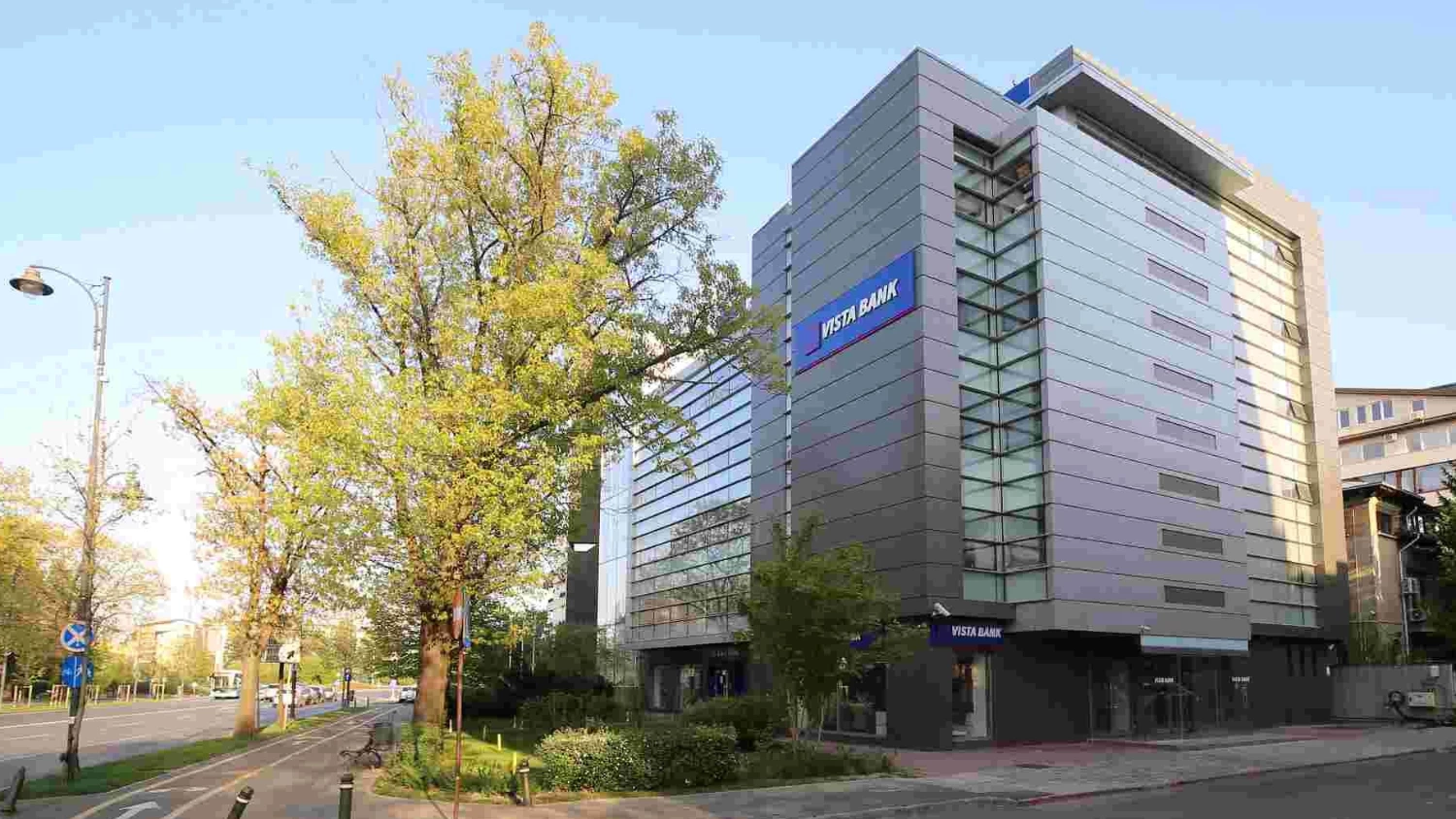The OECD is expecting Romania's GDP to grow by 3.1% in 2024 and 3.3% in 2025, up from 2.0% in 2023. High levels of investment will support the economy together with recovering external demand, while cost pressures on households gradually ease. Inflation has fallen from its peak of 16.8% in November 2022 during the energy crisis to 7.4% in January 2024, but underlying price pressures in the economy remain strong. Headline inflation is projected to continue declining to 5.0% in 2024 and 3.7% in 2025.
Strengthening government finances through higher tax revenues and improvements to the efficiency of public spending is needed to keep public debt at manageable levels and to create space for growing spending pressures, such as from population ageing and the green transition. Fiscal consolidation is needed to decrease the budget deficit while it would also contribute to support restrictive monetary policy by reducing demand pressures at a time of high inflation.
Reinforcing public governance and the rule of law will be important to improve the business climate and foster productivity. While reforms are gradually reducing firms' regulatory burdens, corruption and policy uncertainty create challenges for many businesses. A well-resourced Anti-Corruption Directorate remains essential, and the Survey recommends full implementation of reinforced governance arrangements for state-owned businesses and addressing barriers to finance for small firms.
“Romania's strong economic performance has kept average incomes rising. Romania's gap in living standards with the OECD average halved between 2000 and 2022. The immediate task for macroeconomic policy now is to tame inflation, which remains well above target, through coordinated restrictive monetary and fiscal policy,” OECD Secretary-General Mathias Cormann said, presenting the Survey in Bucharest alongside Prime Minister Marcel Ciolacu. “While new tax measures will help address revenue shortfalls, more ambitious reforms are needed to curb fiscal imbalances, support growth and address inequalities of income. Structural reform momentum from the Recovery and Resilience Plan should help, if sustained, as would further reforms to remove barriers to investment and to increase workforce participation levels.”
Higher pension ages will mitigate fiscal pressure from population ageing. However, government revenues remain too limited to fund emerging spending priorities. A digital tax administration is needed to tackle evasion and lift tax revenues. Other priorities are to shift more goods and services onto Romania's standard value-added tax rate and eliminate distortive and unfair income tax expenditures
Labour force participation has not risen enough to make up for outflows of working-age Romanians abroad. Women are underrepresented in the workforce. Generous parental leave encourages mothers to step back from work to care for children. Childcare shortages also make it harder for young families to keep up two jobs. Better availability of formal early childhood education and childcare would make it easier for parents to return to work after having children. Continued investments in teacher training and schools are also needed to improve educational outcomes, with more help better targeted to those in vulnerable communities.
Net greenhouse gas emissions must decline by a quarter this decade to get on track for carbon neutrality by 2050. Achieving this without stalling progress towards higher living standards calls for cost-effective and fair climate policies. Accelerating the roll-out of renewable energy production is necessary to remain in line with the commitment to phase-out coal-based energy. Electricity grids must be upgraded for increased generation of renewable power, with strong price signals to encourage energy savings. Support for energy-efficient renovations and better transport systems are needed as well as retraining for workers losing jobs in Romania's transition to a low-carbon economy.











